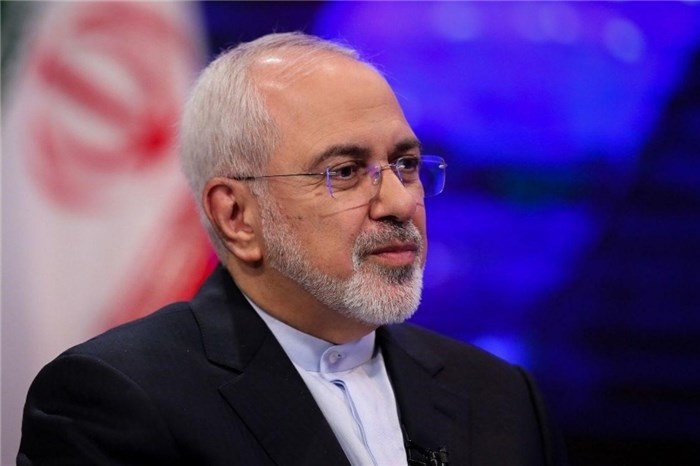Zarif, Araqchi push for ratification of FATF by Expediency Council

TEHRAN – Foreign Minister Mohammad Javad Zarif and his deputy Abbas Araqchi on Sunday called for ratification of the FATF by the Expediency Council.
Talking to reports, Zarif said the Expediency Council should decide on the FATF based on the “realities”.
“Our friends should decide based on realities. So far, they have said that nothing will happen but they are now seeing the situation,” Zarif remarked.
Zarif added, “We will follow any decision that they take, however, they should be aware of the consequences of their decision.”
Mehrdad Lahouti, the spokesman of the Majlis Independent Velayee faction, said that Deputy Foreign Minister Abbas Araqchi told the Sunday meeting of the faction that it is better to approve the FATF in order to pass the current problems facing the country.
The Paris-based FATF watchdog announced on Friday that Iran has until June to fix its anti-money laundering and terrorism financing rules or face increased international scrutiny of its banks.
Last October, the global watchdog had already given Iran until February to complete an action plan of reforms that would bring it in line with global norms, or face consequences.
The FATF concluded at its February 22 meeting that “there are still items not completed” and said in a statement it “expects Iran to proceed swiftly in the reform path”, according to Reuters.
One of the actions Iran is required to take to appease the FATF is joining the United Nations Convention against Transnational Organized Crime (UNTOC), which is also called the Palermo Convention, a 2000 United Nations-sponsored multilateral treaty against transnational organized crime.
The other action is to join the CFT (the convention combatting financing of terrorism).
On October 7, 2018, the Majlis (parliament) voted in favor of the CFT. However, the oversight Guardian Council rejected the bill by finding 22 faults with it.
To become a law, the Guardian Council should vet the bill for compliance with the Constitution.
According to the constitution, in cases when the parliament and the Guardian Council disagree on a bill the issue is referred to the Expediency Council for final arbitration. The bill is now under study by the Expediency Council.
NA/PA
